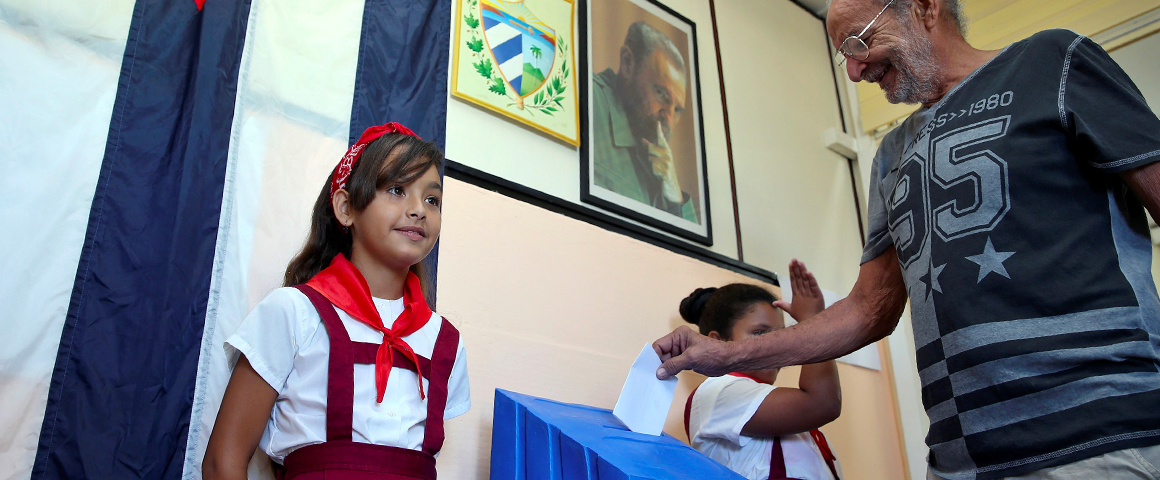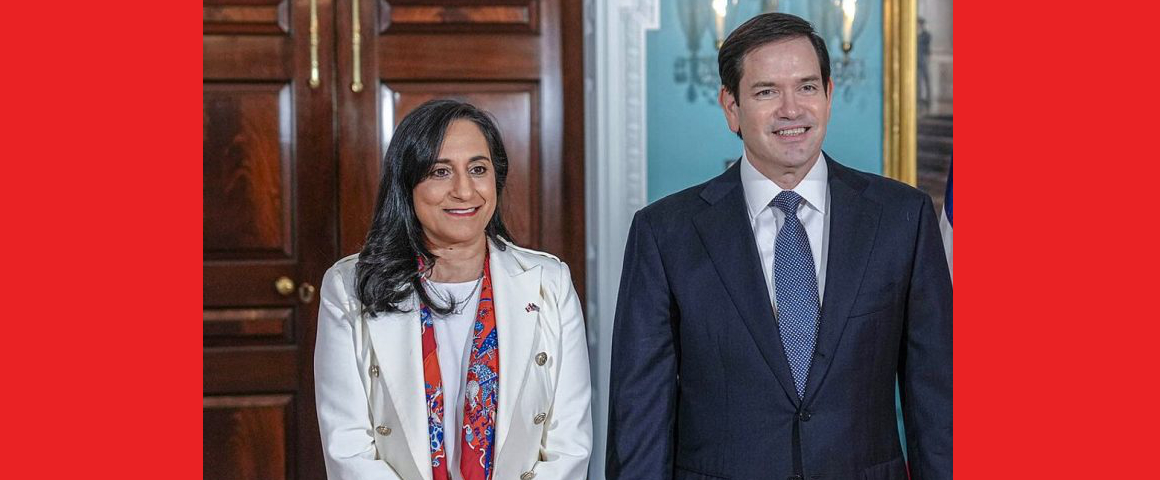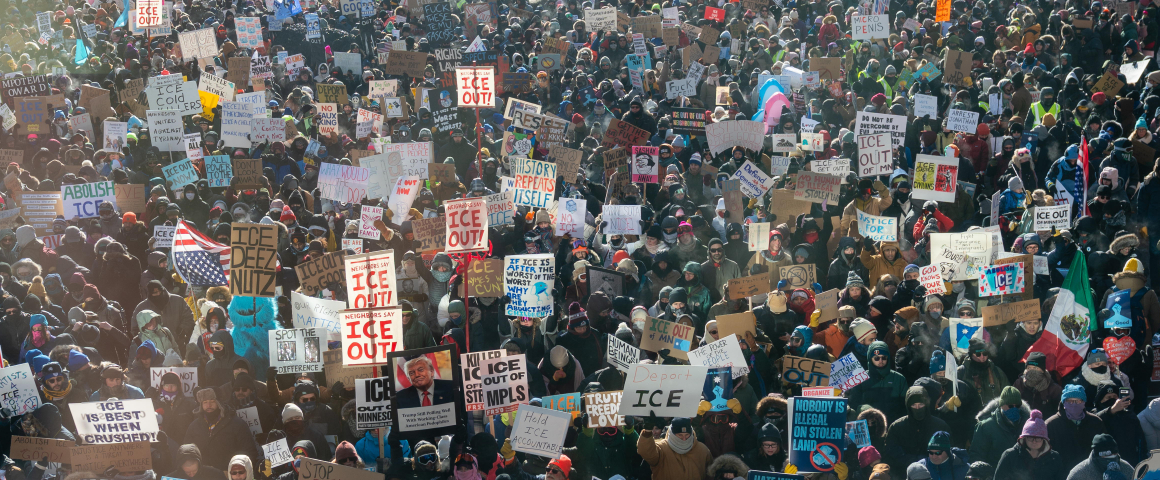Cuba’s new constitution has been overwhelmingly endorsed, with 87 per cent of voters backing it. The National Electoral Commission said on Feb. 25 that 7,848,343 people voted in the referendum — 90.5 per cent of eligible voters. Of these 6,816,169 voted to approve it, while 706,400 voted against and 300,000 ballots were spoilt.
The new constitution had been subject to extensive consultation over a period of months, with many amendments being accepted before a final version went to the people. It preserves the dominant role of public ownership and commits the country towards “advancing towards a communist society” — the latter inserted because of feedback from the public after having been written as “socialist society” in the initial draft.
Changes from Cuba’s prior constitution involve recognition of the role of private and co-operative businesses, changes to the system of government including by reintroducing the role of prime minister (so the head of state and head of government are no longer one office, as they have been since 1976) and judicial changes bolstering citizens’ rights to legal representation, the presumption of innocence and the right not to be held without trial.
Drafters came under fire after a constitutional right to same-sex marriage was altered following criticism. However, evangelical Christians still called for a vote against on the grounds that the constitution changes the definition of marriage in a way that allows same-sex marriages to be recognised.
Cuban President Miguel Diaz-Canel said: “This constitution dignifies and upholds the legacy of Fidel and Marti, and of Raul, and strengthens rights.”




